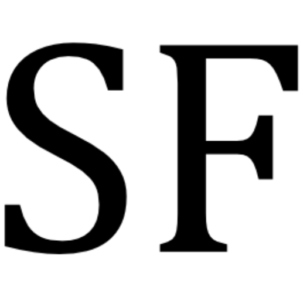The Culture of Control
Just returning from my annual conference in managing in complexity at the Roffey Park Institute in England. Wonderful to see my colleagues from the Doctor of Management program and really enjoyed the many insightful conversations about how we can better function in our complex world. The theme of the weekend was culture, or what I refer to
in my book as habitus – or in more colloquial terms “the way we do things around here”. And as usual I came away from the sessions with a new list of books to read.
One of the new books soon to land in my inbox, is Hartmut Roza’s 2020 book, The Uncontrollability of the World. I have yet to read it but apparently his thesis is that the driving cultural force of modern life is our desire to make the world controllable. Very similar to my focus in my book on our relationship with uncertainty, how we fear it and
how it can hurt us. According to Roza, this need for control poses a dilemma in that the more that we try to control the world, the more we lose touch with it.
Roza suggests that our modern world features an active approach to affecting and being affected by the world, often in combination with the insistence that with the right tools, techniques or even consultant, this wicked problem can be tamed, controlled, or fixed. Thus, the usual prescriptions for management excellence are based upon an
ethos of domination and the admonition that leaders must be in control of what is going on. We rely on tools and techniques that will ensure the ‘right result’. We hire consultants – the supposed experts – to solve the problem for us. We lionize a bias for action. We believe that science and technology will fix all our problems. And we obsess
about achieving the optimal result, successfully exploiting new opportunities, and maximizing returns.
This perspective directly applies to our discussions of culture. Often, we hear in the traditional management discourse that culture is something to be worked on, changed and/or managed. We believe it is something that can be controlled or determined. The right approach or tool or technique will ‘fix’ the problem. However, culture / habitus is a
phenomenon which has developed over time and represents the ways we work together and interact, or in the language of complexity management, the patterns of how we relate to one another. It includes our habits, beliefs, assumptions, structures, and rituals that have developed over the years in a society / organization. It is ‘the way we do things around here’. It is therefore clear that no one person or authority can mandate a change or even manage its development (yes, they may have significant influence but still it cannot be reliably determined by any one person or group). Rather, we need to
accept the uncontrollability and uncertainty of our world and find ways to explore together what is going on and how we understand and negotiate alternative approaches and perspectives that will give us a better sense of our world and our options.



